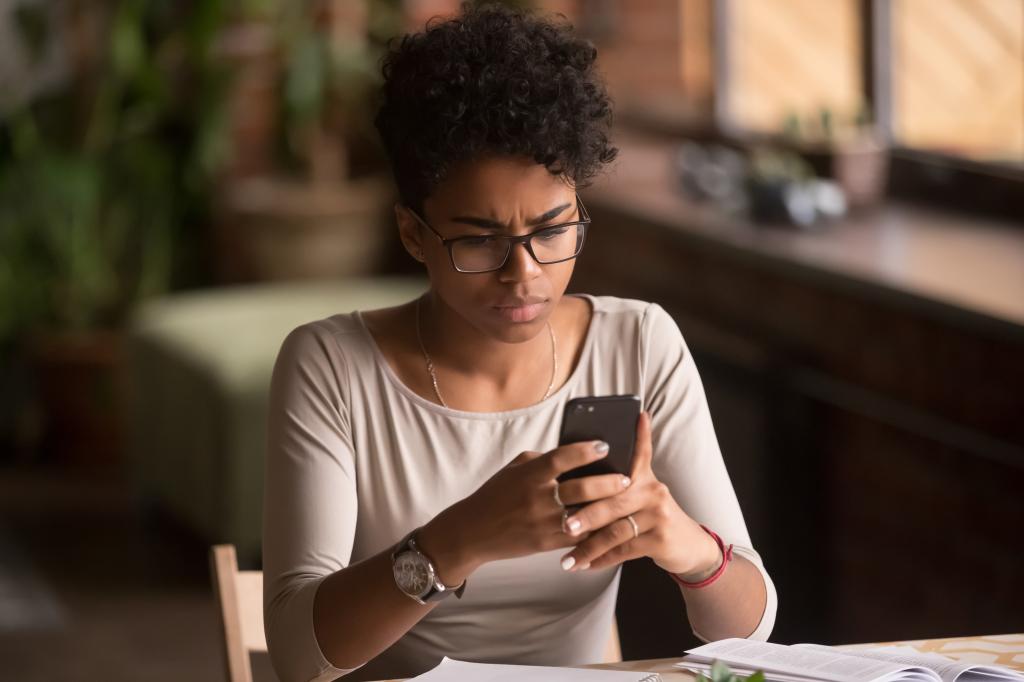Do you have ‘relationship OCD’? Behind the signs and how to treat it
In a world where you can filter future flings based on a set of characteristics, is it any wonder that we get profoundly preoccupied with finding the perfect partner?
Already seeing someone? You’re not exempt. Those in relationships are also guilty of hyperfixating on their current partner, to determine whether the one they’ve got is good enough.
Sound familiar? Now there’s a term for this intense obsession and constant relationship doubt, and it’s become an emerging trend in psychologists’ offices — particularly among clients in their 20s or early 30s.
“Relationship OCD is when people are super anxious and worried that they haven’t chosen the right partner when there’s no real evidence that there’s anything wrong with their relationship,” Gemma Cribb from Equilibrium Psychology tells Australian website Body+Soul.
“They think, ‘I don’t want to make the wrong choice,’ so they create this big quandary for themselves of ‘Should I leave? Should I stay?’
“They obsess about it, picking at their partner like, ‘Oh, he’s slightly balding’ or ‘I don’t really get along with his mom that well.’”
While relationship OCD isn’t an official diagnosis, it does describe a particular way that a diagnosis of OCD can manifest, and experts are taking it seriously.
By making “mountains out of molehills,” Cribb says, people can traumatize themselves and their partners in the process, while trying to work out whether their thoughts are indicative of a real problem or it’s just anxiety.
Fixated on infidelity
Relationship OCD can also present itself as doubting the partner’s fidelity, according to Cribb.
“Even though there’s no evidence that the partner is cheating on them, people may display all these sorts of checking behaviors and reassurance thinking behaviors,” she explains.
“Like checking their phone and asking them, ‘Where were you? What did you do? Did you talk to your ex?,’ when there’s no real evidence for infidelity.”
“That really seems to be on the rise.”
Singles aren’t saved
Relationship OCD doesn’t even need to involve the “talking stage” let alone an actual, full-blown relationship. Cribb says it can be experienced by singles looking for love, too.
“You know on the dating apps, you’ve got all the data available to you that if you had to date in real life, you wouldn’t have,” she points out.
“So you choose with your head to start with, rather than with your heart.”
It’s a long way from the “old days.”
“Back then, you would meet someone at a bar and if you really liked them, you’d go on a few dates and then you would find out all these things about them,” says Cribb.
“Whereas now people are on dating apps and are like, ‘Oh, he’s too short’ or ‘No, I don’t like that photo.’
“We’re becoming overly selective and overly perfectionistic.”
What leads to relationship OCD?
For many people who experience relationship OCD, Cribb says, there’s usually some kind of pre-existing anxiety in the background. Or it can come from the situationship they’re in.
“Sometimes it stems from the dynamics of the relationship,” she explains. “Maybe their partner is not making them feel secure in the way that they need to be feeling.
“But oftentimes, it’s a result of just their way of being in the world, and their intolerance of uncertainty.”
Your parents’ relationship can also have an impact.
“Sometimes people have had yucky upbringings where their mum and dad weren’t the best match for each other, and they don’t want to repeat Mum and Dad’s mistakes,” the psychologist says. “Or other times they pick the wrong dating patterns and have been really, really hurt by it in the past and they don’t want to traumatize themselves again, so they get overly cautious.”
What are the symptoms?
According to the OCD Clinic in Brisbane, the common symptoms associated with relationship OCD fall into two categories: obsessions and compulsions.
Obsessions include constant doubts as to whether people truly love their partner or whether their partner is the one, fears about not truly loving or being attracted to their partner, fixation on negative aspects of their partner or relationship, and concern over harming their partner by choosing to stay with them.
Compulsions include someone having sex with their partner to check for arousal or emotional connection, repeatedly confessing concerns over the relationship or attraction to their partner to other people, frequently breaking up with their partner or researching relationship issues online, avoiding intimacy with their partner, avoiding others out of fear of being attracted to them, seeking reassurance from others about the quality of relationship or partner, and comparing your relationship to past relationships and the relationships of others.
What treatments are available
Clinicians say cognitive behavior therapy (CBT) — a goal-orientated type of talk therapy — has been found to be highly effective.
“Cognitive restructuring involves aiding clients to identify the ways in which their thoughts about their relationship are distorted and to challenge the validity of these thoughts,” the OCD Clinic says.
“Mindfulness-based CBT involves aiding the client to become aware of their obsessions and to accept them in a non-judgemental manner rather than resist them.”



















